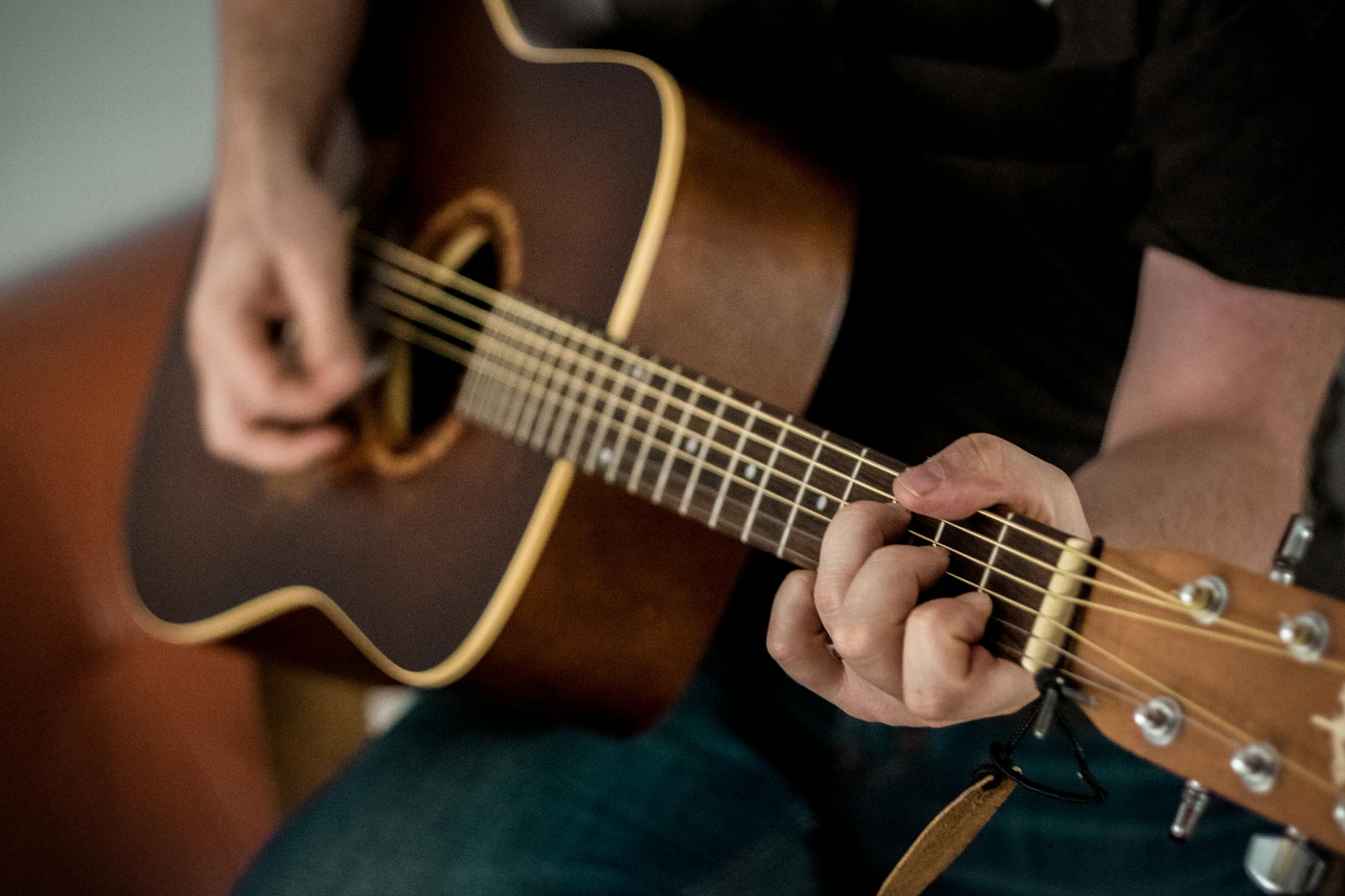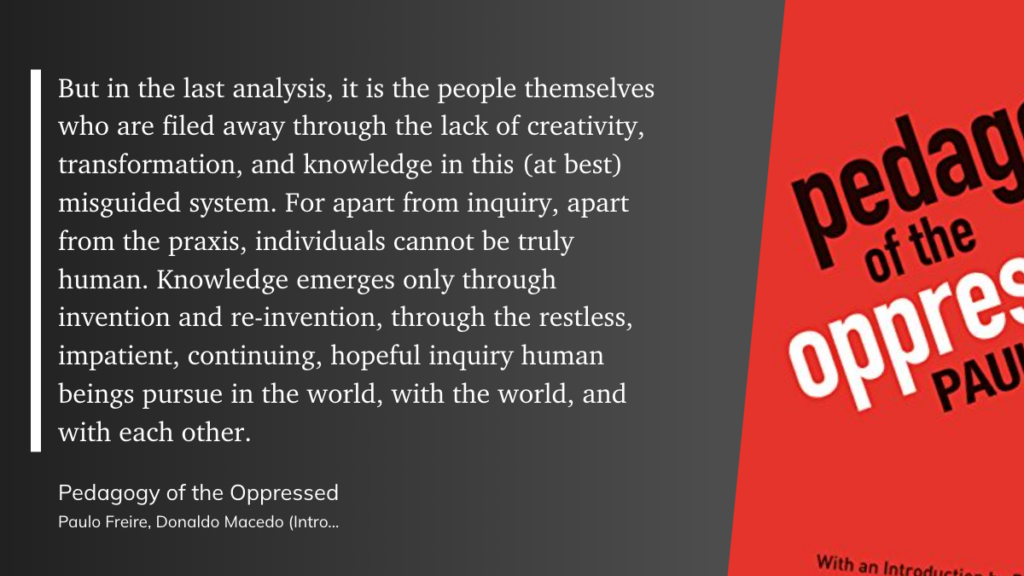
The more you dive into creative work, the more creative you are. It’s like building a muscle.
Keep flexing that muscle, and it will grow until you reach a plateau, causing you to search for a new challenge. Creating is no different; you’re just flexing different muscles.
Musicians know this, as they can see the direct result of hours of focused practice months later in new skills and abilities on their instrument, or perhaps even on a new instrument.
Enter Jacob Collier.
Collier, who experienced viral stardom through his YouTube channel in the early 2010s, now regularly collaborates with some of the biggest names in the music industry.
At some point, he decided to pick up the guitar and transfer his piano skills to a new instrument. When he did, something interesting happened.
In this video with Paul Davids, Collier describes learning to play on his first guitar, which had only four strings, like a mandolin. Because of his love of tight harmonies, Collier eventually spoke with Taylor Guitars to craft a 5-string guitar rather than the typical 6-string layout.
The results? Something utterly new and beautiful. But, Collier admits that he doesn’t think of himself as a guitar player because he doesn’t play like a trained guitar player.
“I couldn’t play the guitar, but I would imagine playing the guitar,” Collier notes as he explains his learning process. He admits that he doesn’t follow many of the guitar-playing rules.
Davids, the host and an accomplished guitar player himself tells Collier, “If you don’t like a rule, tweak it… change everything to what suits you.”
If we could grasp that statement and put it into practice with our students, I think we’d see some amazing things come out of our schools. How often do we ask our students (and ourselves) to do things that don’t fit naturally with how we think, act, or create? Why do we continually try to force everything in education to fit into a box?
Sometimes, we allow “tradition” to dictate our work far too much. Remember, tradition is just peer pressure from dead people.
On Not Knowing the Way But Doing It Anyway
Collier talks about hanging with Joni Mitchell–yes, that Joni Mitchell–and watching her play guitar. She plays chords she doesn’t know, but her fingers and ears let her find the right ones to play, making something new.
This idea of not really knowing what you’re doing as you create isn’t new and certainly isn’t exclusive to educators trying to change their teaching practice for a different generation of learners.
Paul McCartney, one of the most well-known songwriters in the history of songwriters, said in a 2016 interview:
“There is no sort of point you just think, ‘Okay, now I can do it, I’ll just sit down and do it.’ It’s a little more fluid than that. You talk to people who make records or albums and you always go into the studio thinking, ‘Oh, well I know this! I’ve got a lot of stuff down, you know, I write.’ And then you realize that you’re doing it all over again you’re starting from square one again. You’ve never got it down. It’s this fluid thing, music. I kind of like that. I wouldn’t like to be blasé or think, ‘Oh you know I know how to do this.’ In fact I teach a class at a the Liverpool Institute High School for Boys — I do a little songwriting class with the students — and nearly always the first thing I go in and say [is], ‘I don’t know how to do this. You would think I do, but it’s not one of these things you ever know how to do. You know I can say to you: Select the key. We will now select a rhythm. Now make a melody. Now think of some great words,’ That’s not really the answer.”
Paul McCartney on songwriting
So, fearless educators, if someone like McCartney doesn’t have it figured out yet and still doubts his abilities to write songs, I think we’re doing alright as we face the productive struggle of creating new ways to do things in our schools.
Final Thoughts
I’ve often said that educators must be some of the most creative people on the planet. Every day, we face different situations, needs, and demands as we do our best to prepare students for a future we don’t know.
Maybe we should worry less about getting it all right and feel great about diving into new adventures and figuring it out as we go.
The Eclectic Educator is a free resource for everyone passionate about education and creativity. If you enjoy the content and want to support the newsletter, consider becoming a paid subscriber. Your support helps keep the insights and inspiration coming!
